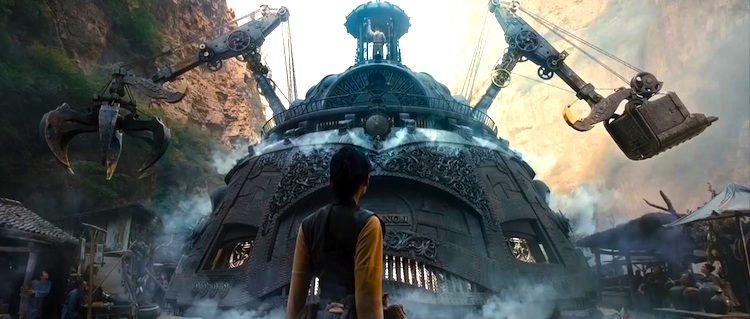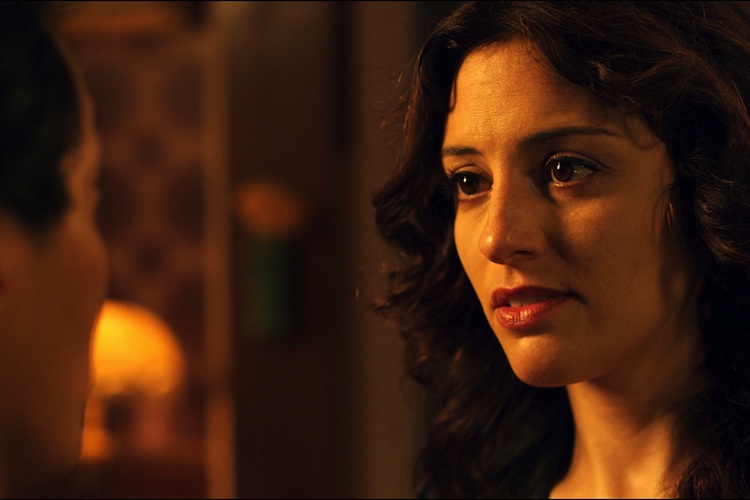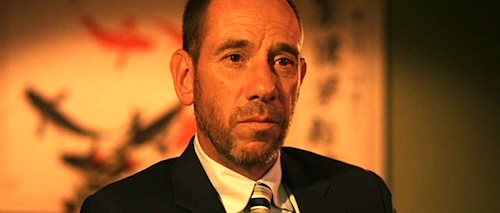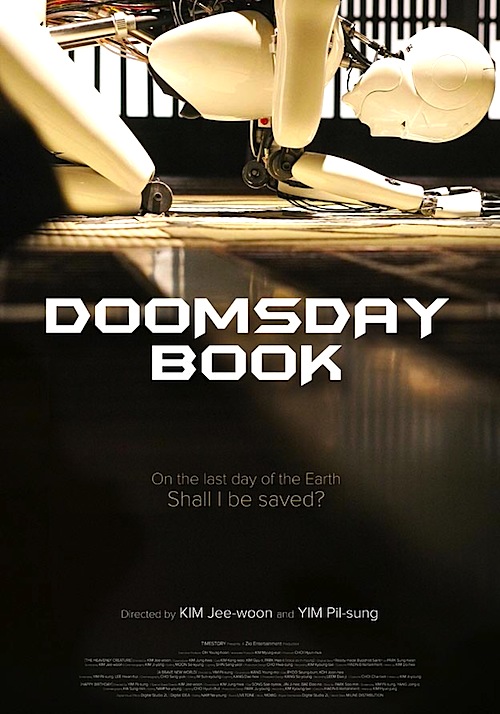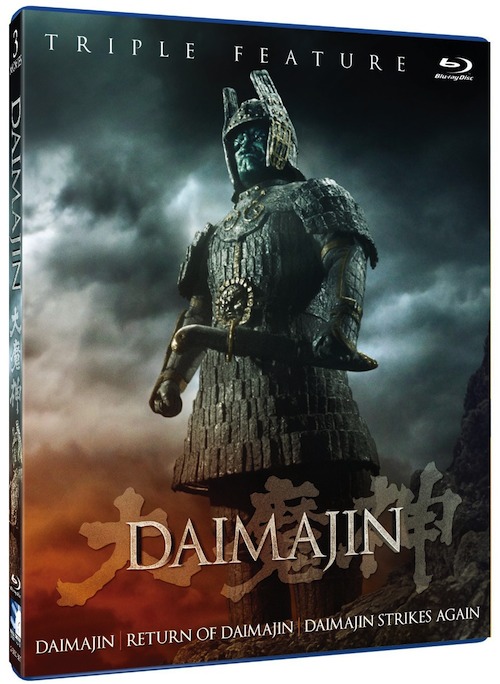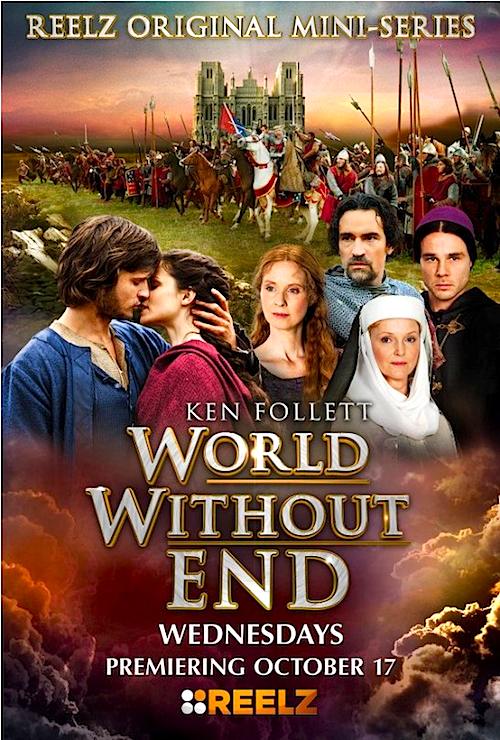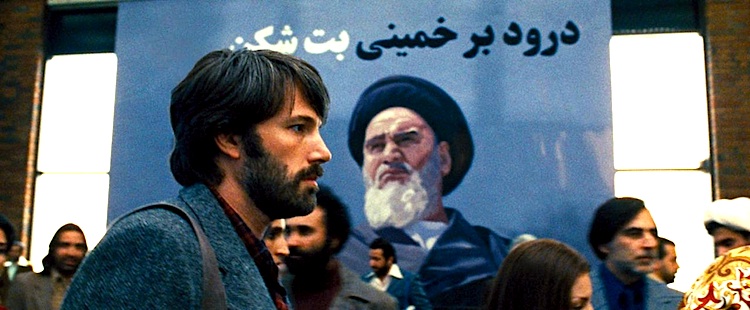By Joe Bendel. Mastery of the martial arts entails more than just fighting; it encompasses a spiritually balanced approach to life. Yang Lu Chan missed those lessons. An instinctive warrior and physical mimic, he was born with a small horn on his head that turns him into a freakish berserker when given a good smack. Unfortunately, his rampages have substantially drained his life force. His only hope to restore his inner equilibrium lies in learning the Chen Style Tai Chi practiced in its namesake village. However, they do not cotton much to strangers in Stephen Fung’s wildly eccentric beatdown Tai Chi Zero (trailer here), which opens this Friday in New York.
The horned Yang was a child only a mother could love. He has only ever been good at one thing, but his skills were evident enough to catch the eye of a warlord-cult leader. Yang fights like mad for his master, but it takes a toll. After waking up woozy in the makeshift infirmary once again, the doctor advises him to make haste for Chen Village before his horn turns black. Yet, once Yang arrives, he is informed in no uncertain terms Chen secrets can never be revealed to outsiders. Of course, the big lug will not take no for an answer, earning him a series of pummelings at the hands of villagers, such as the mysterious Master Chen’s daughter, Yu-niang, who definitely catches Yang’s eye while pasting him silly. He even gets man-handled by a real life five year old prodigy, who could single-handedly humble the Expendables and their proposed spin-offs.
How do we know she is an actual prodigy? Because the film identifies each significant cast member with a sample of their credits whenever their characters first appear on-screen. It might sound distracting, but there is so much madness going on, it is really just another thing to try to process. Incorporating highly stylized graphics into some of the wildest fight scenes you could ever hope to see (choreographed by action director Master Sammo Hung), Zero does not lack for energy. It even veers into steampunk territory when Yang and the citizens of Chen combine forces to fight the Troy, the Wild Wild West-esque armored steam engine commanded by Yu-niang’s vengeful ex, Fang Zijing, who lived in Chen for years, but was never allowed to learn their secrets either.
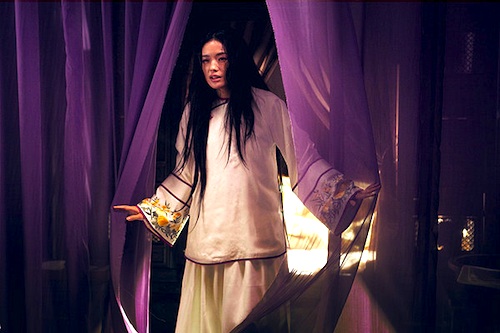
Although actress-model Angelababy is already a huge star throughout Asia, her enormously charismatic performance as Yu-niang should earn her a considerable cult following in the West. She is nothing less than dynamite throwing Yang about like a rag doll. It is hard to think of another action star who can be so convincingly cute, tough, and vulnerable, all at the same time.
As “the Freak,” Changquan Wushu champion Jayden Yuan has an endearing sad sack presence and is always credible in the action scenes. Tony Leung Ka Fai (a.k.a. “Big Tony” Leung) is clearly enjoying every moment of scenery chewing as the idiosyncratic Master Chen. Though only appearing briefly as Yang’s mother, Shu Qi is still ethereally striking and always worth watching. The only weak link is Eddie Peng, whose Fang Zijing is a rather underwhelming villain. Oh, but wait. Ending with what is essentially a trailer for the sequel, Zero promises heavier heavies to come.
Zero is so amped up and adrenaline charged, actor-turned-director Fung deserves major credit for maintaining his narrative clarity amid all the commotion. Indeed, he has a talent for stage-managing insanity. Visually distinctive and loads of meathead fun, Tai Chi Zero is highly recommended for genre fans when it opens this Friday (10/19) in New York at the AMC Empire.
LFM GRADE: A-
Posted on October 18th, 2012 at 10:55am.
